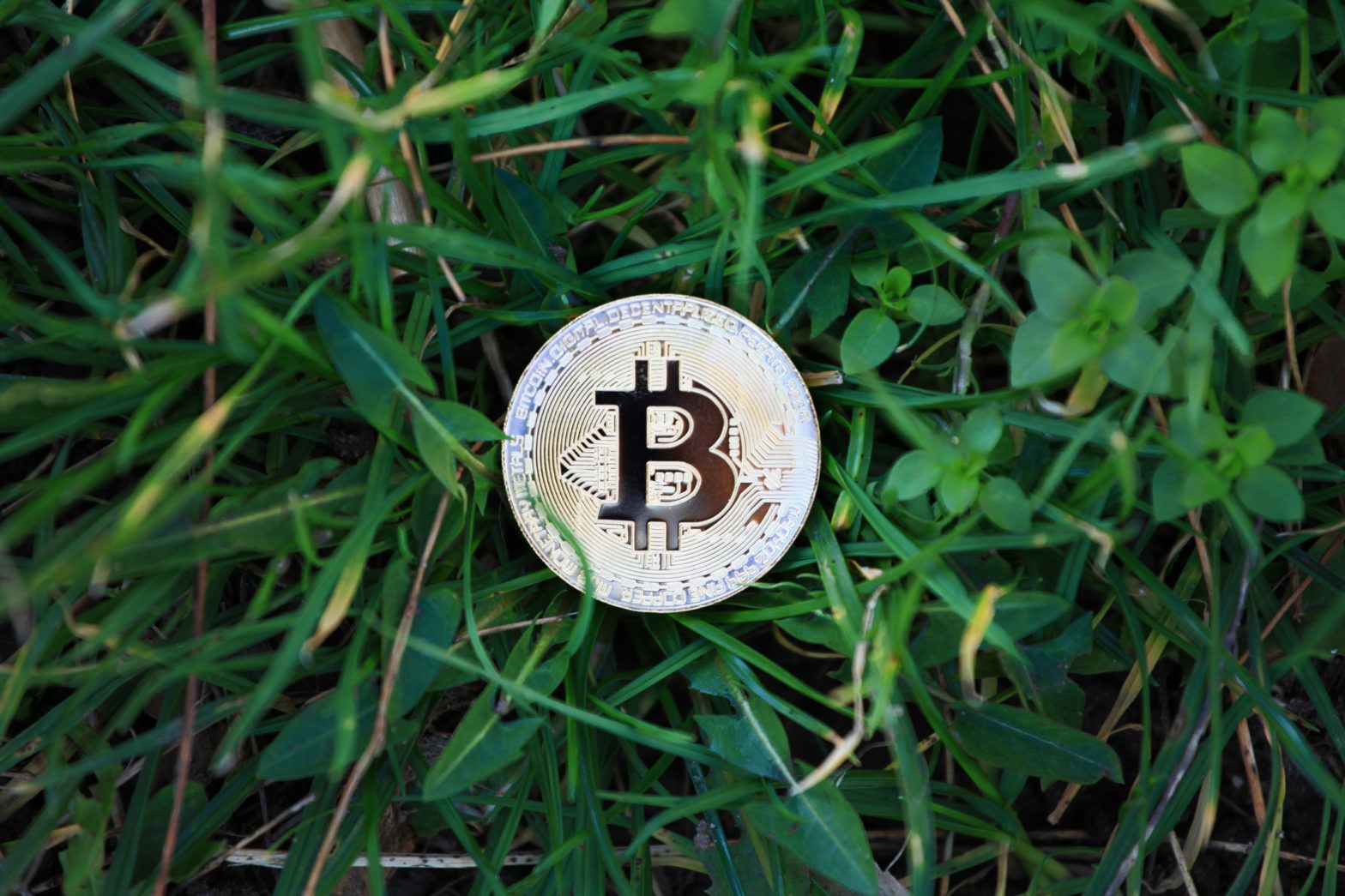Not long ago, I had an exchange on Twitter with a user called Central Bank Ro₿₿er (CBR). The subject was cryptocurrencies or, more accurately, their veracity. It was not a long, nor particularly nuanced conversation. I had written a piece elsewhere about the febrile house prices in the UK, and CBR replied to tell me that the problem was not the housing market per se, but that money itself was becoming worthless.
In the same tweet, CBR said that UK house prices had actually DROPPED around 80% in price when measured in Bitcoin. To which I replied that Bitcoin is really Monopoly money and that, at some point, everyone was going to lose their shirt with it. CBR said that I was mixing up Bitcoin and the wider cryptocurrency industry, which they admitted was 99% scams.
“In a nutshell, Bitcoin is the only truly decentralised digital currency,” CBR wrote to me, “which makes it completely trustless, ie you don’t need to trust anyone to ensure the soundness of the money. All the others have been set up by corporations/individuals who have centralised control.”
That is nice, but I am still not buying it. If the industry behind cryptocurrencies is overwhelmingly full of scam artists, it is a place where no one should be investing their money.
Stimulus cheque spending
I’m not the only one who has a low opinion of cryptocurrencies. There’s Noam Chomsky (“The blockchain system is a very useable system but I’d be very surprised if bitcoin really survives as a major part of the economy. Maybe.”), Warren Buffett (‘probably rat poison squared’), Bill Gates (“The way cryptocurrency works today allows for certain criminal activities. It’d be good to get rid of that.”) have all expressed their disapproval on the matter.
Even late night hosts like Bill Maher and John Oliver have thrown their two cents in.
And, yet, cryptocurrency has grown in the last year. An article by Forbes in March reported that up to 10% of the money from the US stimulus checks may have been used to buy bitcoin and stocks. Nearly 60% of incremental spend from stimulus checks, Mizuho Securities told Forbes, was used to buy bitcoin.
Forbes wrote: “Just over one in 10 people (13%) said they planned to use between 20% and 80% of their stimulus check to invest in the stock market or bitcoin, while 2% expect to allocate 80% or more.”
This is what happens in the moment before it is revealed that the thing that seemed too good to be true was too good to be true.
I was going to write about Elon Musk’s decision to buy $1.5bn worth of Bitcoin earlier this year, which he then reversed on, before reversing again. But even something as recent as that has become old news. This week, China cracked down on cryptocurrency mining and urged banks and lenders to rein in crypto trading.
The ‘currency’s’ valuation fell swiftly as a result, and Bitcoin dropped to about $28,890. That would be dramatic in itself, if it had not already fallen from $64,870 since April. Overall, the Chinese crackdown wiped about $400bn off the market.
And if China is being openly hostile to cryptocurrencies, India is playing on the same team. Although it should be noted that El Salvador, the 104th richest country in the world by GDP, has adopted Bitcoin as legal tender. So there’s that…
Roll of the dice
There is a crushingly simple reason why Bitcoin and the other cryptocurrencies have gotten so big in the last year. As the world’s economy has shut down because of the pandemic, the increasing ranks of the unemployed have been looking for something to hitch their wagons to. And the get-rich-quick-open-pyramid-scheme that is cryptocurrencies has been that horse.
Who can blame anyone in such desperate times from taking such a gamble?
The problem is that this is a market that has not been regulated. But even that looks like a problem that is soon to be solved. Mark Cuban has called for it, China (as mentioned) is cracking down on it, and—at some point—regulators in the US, UK, and Europe will surely begin looking at what products are on the market, whether they are serving the best interests of customers, and how they can be brought under their legislative umbrellas.
The US, according to MarketWatch, is already heading in this direction after the Securities and Exchange Commission made noises that it considers many cryptocurrencies to be unregistered securities and therefore subject to enforcement actions.
These crackdowns and regulations are part of an age-old story.
In 1895, there were at least 1,900 automobile manufacturers in the US. But by the middle of the 20th century, the market was dominated by three big companies—Ford, Chrysler, and General Motors. The market opened up, it exploded, players were forced out, and the number of suppliers dwindled to a more conservative field.
Cryptocurrencies are leaving their Wild West days behind them. And while some investors may profit, history indicates that many will lose their shirts on this one. A smarter investor is a conservative investor.
And a conservative investor does not get into gunfights at a dozen yards.







